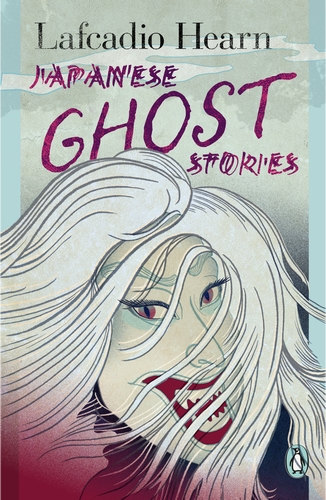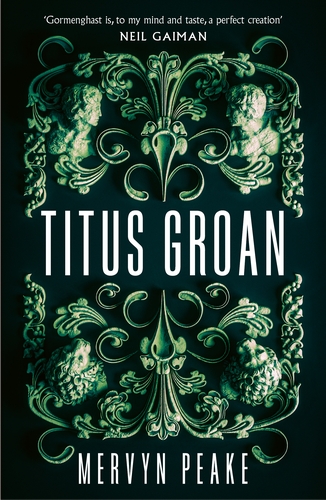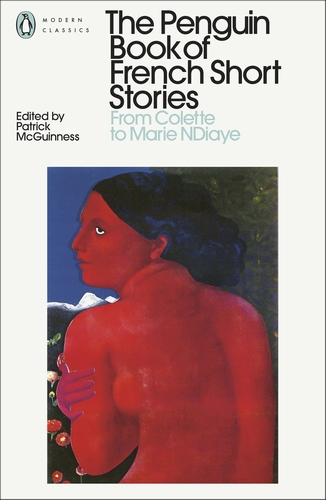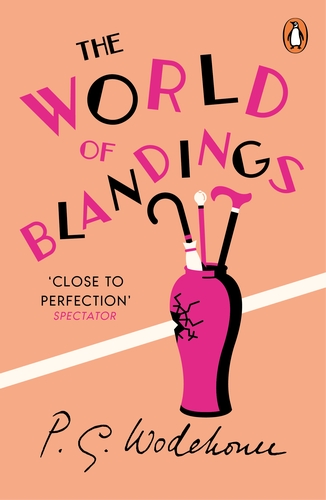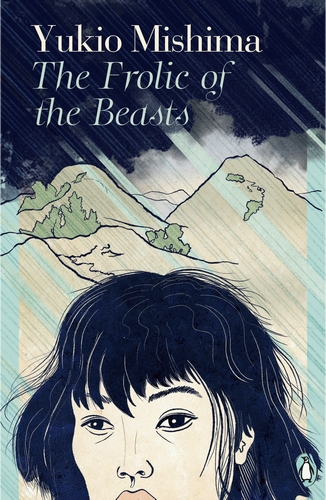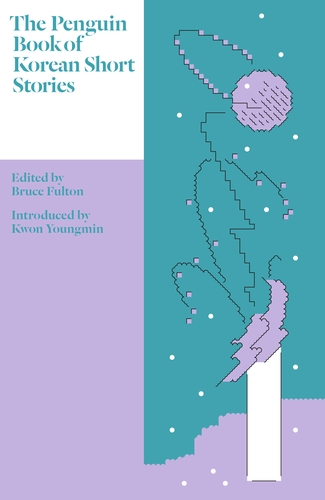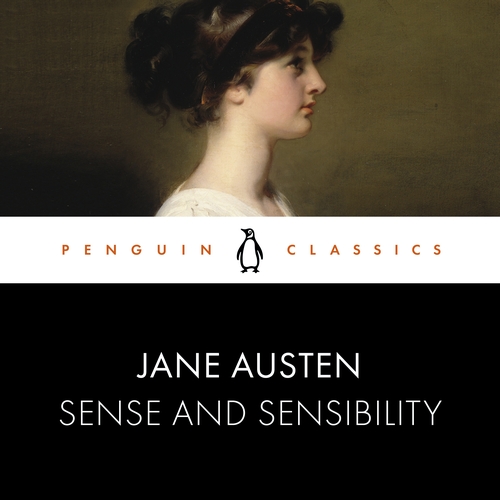Author:A.E. Housman

A. E. Housman, being one of the most famous and widely read poets of the early twentieth century, is certainly worthy of praise. His 'Collected Poems' are therefore a valuable read because they allow readers to gain an impression of the author's mind, opinions and lifestyle. Furthermore, they simultaneously depict a man who was deeply pessimistic and obsessed with death, and, on the other hand, illustrate a man who was also very much concerned with love, youth, life and the fleetingness of the these concepts.It is easy to understand why Housman's sensitive and sympathetic depictions of heroic English soldiers influenced and affected his readers, as his poetry is often written in an uncomplicated, yet sensitive style, which allows readers to feel as if they are witnessing events almost as the poet writes them down. These poems are also intriguing to read if you are a Shakespeare fan, as it is possible to spot many Shakespeare references in Housman's writing. A glossary or footnotes at the back of this book would be appreciated in any further editions, in order to allow readers to gain more understanding of the other poets and authors that Housman was influenced by. In brief, this collection presents the literary highlights of Housman's career, and this will be most appreciated by readers new to Housman's poetry.
[Billy] may be the best first novel by a black author since Toni Morrison The Bluest Eye in 1969.
—— TimeIt challenges comparison with some of the world's most bizarre masterpieces
—— Financial TimesPatrick White is, in the finest sense, a world novelist. His themes are catholic and complex and he persues them with a single-minded energy and vision
—— Robert Nye , GuardianLike all first-class comedians, he is deadly serious
—— Terry Eagleton , StandIn his major postwar novels, the pain and earnestness of the individual’s quest for ‘meaning and design’ can be felt more intensely than perhaps anywhere else in contemporary Western prose
—— Sunday TimesAn antipodean King Lear writ gentle and tragicomic, almost Chekhovian . . . an intensely dramatic masterpiece.
—— The Australian